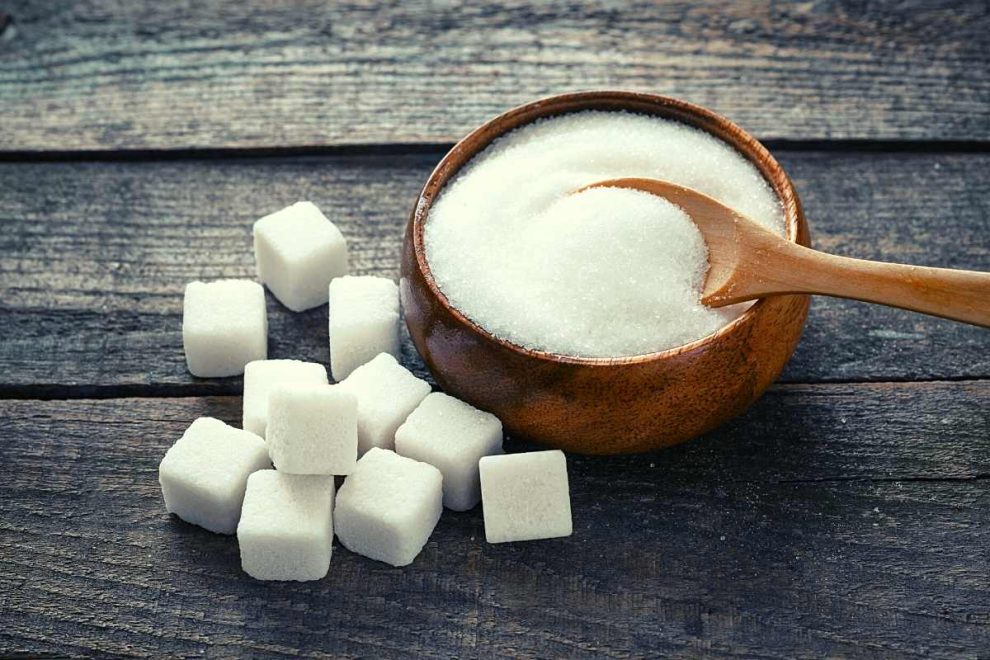If you have psoriasis, you’re probably constantly on the lookout for triggers that can make your symptoms flare. While there’s no one-size-fits-all diet for people with psoriasis, some foods and drinks may worsen your symptoms. Here are a few to avoid if you have psoriasis.
1. Limit your sugar intake
Sugar is a simple carbohydrate that is found in many foods. Sugar is also added to a wide range of processed foods in the form of sucrose, glucose, or fructose. While sugar does not cause psoriasis, it can worsen the symptoms. Here are three ways sugar can impact psoriasis:
Sugar has been shown to contribute to inflammation. Psoriasis is an inflammatory condition, and consuming sugar can further increase inflammation. This can lead to more redness, swelling, and itching.
Sugar can trigger the immune system. Consuming sugar can cause your body to release cytokines, which are chemicals that trigger the immune system. This can exacerbate psoriasis symptoms.
Sugar can contribute to weight gain. Being overweight or obese can also worsen psoriasis symptoms by increasing inflammation and triggering the immune system.
2. Avoid foods high in gluten
For those with psoriasis, gluten can cause serious flare-ups. Here’s why:
Wheat, rye, and barley all contain gluten, a protein. When people with psoriasis eat gluten, their immune system reacts by attacking the healthy cells in their intestines. This causes inflammation and can trigger a psoriasis flare-up.
People with celiac disease, an autoimmune disorder that affects the digestive system, are especially sensitive to gluten. But even people with non-celiac gluten sensitivity can experience problems when they eat gluten.
Psoriasis sufferers should consult their physician about whether they should avoid gluten. In some cases, going on a gluten-free diet may help relieve your symptoms.
Eliminating gluten from your diet may help improve your psoriasis symptoms. It is recommended that you avoid all products containing wheat, rye, or barley if you have celiac disease or are sensitive to gluten. This includes bread, pasta, cereals, and baked goods.

Credit: glutenfreethings.com
3. Drink in moderation
As a result of alcohol’s inflammatory properties, psoriasis outbreaks and flare-ups can be exacerbated. In addition, alcohol consumption can interfere with medication and other treatments for psoriasis, making them less effective.
Alcohol also causes dehydration, which can lead to dry, cracked skin – especially for those suffering from psoriasis. When the skin is already dry and inflamed, alcohol can make these symptoms even worse.
Drinking alcohol is not recommended if you have psoriasis.
4. Keep bad fats away from your diet
Saturated and trans fats are often found in processed foods and can negatively affect our health. For psoriasis, these fats can trigger flare-ups and worsen the condition.
Saturated fat is a solid at room temperature and is commonly found in meat, butter, cheese, and other animal products. Manufacturers add hydrogen to the oil to make vegetable oils solid at room temperature. Margarine, crackers, and cookies can all contain these types of fats.
According to studies, saturated and trans fats cause inflammation in the body. If you suffer from psoriasis, this can trigger flare-ups or exacerbate existing symptoms. Inflammation is also a risk factor for other chronic conditions like heart disease and diabetes.
Limiting your intake of saturated and trans fats is essential to protect your health.

Credit: drcate.com
5. Consume as little processed food as possible
Most processed foods contain sugar, unhealthy fats, and other chemicals that can trigger or worsen psoriasis. Here’s why you should avoid these foods if you have psoriasis.
Sugar is one of the worst offenders when it comes to triggering psoriasis flare-ups. That’s because sugar causes inflammation in the body, which can make your psoriasis symptoms worse.
Unhealthy fats found in many processed foods can also trigger psoriasis flare-ups. These include trans fats and saturated fats, which can promote inflammation in the body.
Many processed foods also contain additives and preservatives that irritate your skin and worsen your psoriasis symptoms. So, avoiding these foods is best if you have this condition.
Here are some ideas for alternative foods that are both delicious and nutritious:
- Swap out processed bread for homemade versions or those made with whole grains.
- Make your own salad dressings using olive oil, vinegar, and fresh herbs.
- Cook with fresh vegetables and lean meats instead of relying on frozen or canned options.
- Get your sweets fix from fruit instead of sugary desserts.
- Drink water or unsweetened tea instead of soda or other sweetened beverages.
6. Various dairy products
Dairy products are a common trigger for psoriasis flare-ups. Psoriasis sufferers may find that eliminating dairy from their diet can reduce flare-up frequency and severity. Dairy foods contain a type of protein that can trigger an immune response, worsening psoriasis symptoms. In addition, dairy products are often high in saturated fat, which can also contribute to inflammation. In order to improve your symptoms of psoriasis, you may wish to consider removing dairy from your diet.

Credit: wvdermcenter.com
7. Plants that are classified as nightshade
Plants in the nightshade family, including tomatoes, potatoes, and eggplants, contain a substance called solanine.
Solanine has been shown to aggravate psoriasis symptoms. In one study, patients with psoriasis who ate nightshade plants had an increase in the severity of their symptoms. Nightshade plants can also cause inflammation and joint pain.
If you have psoriasis, it is best to avoid nightshade plants. Eating these plants may worsen your symptoms and lead to other health problems.
To sum up
In conclusion, certain foods can worsen the symptoms of psoriasis. These include gluten, dairy, sugar, processed meats, and nightshade vegetables. avoiding these foods may help to improve the condition. The best thing you can do before making any drastic changes to your diet is to consult with a physician or dermatologist.









